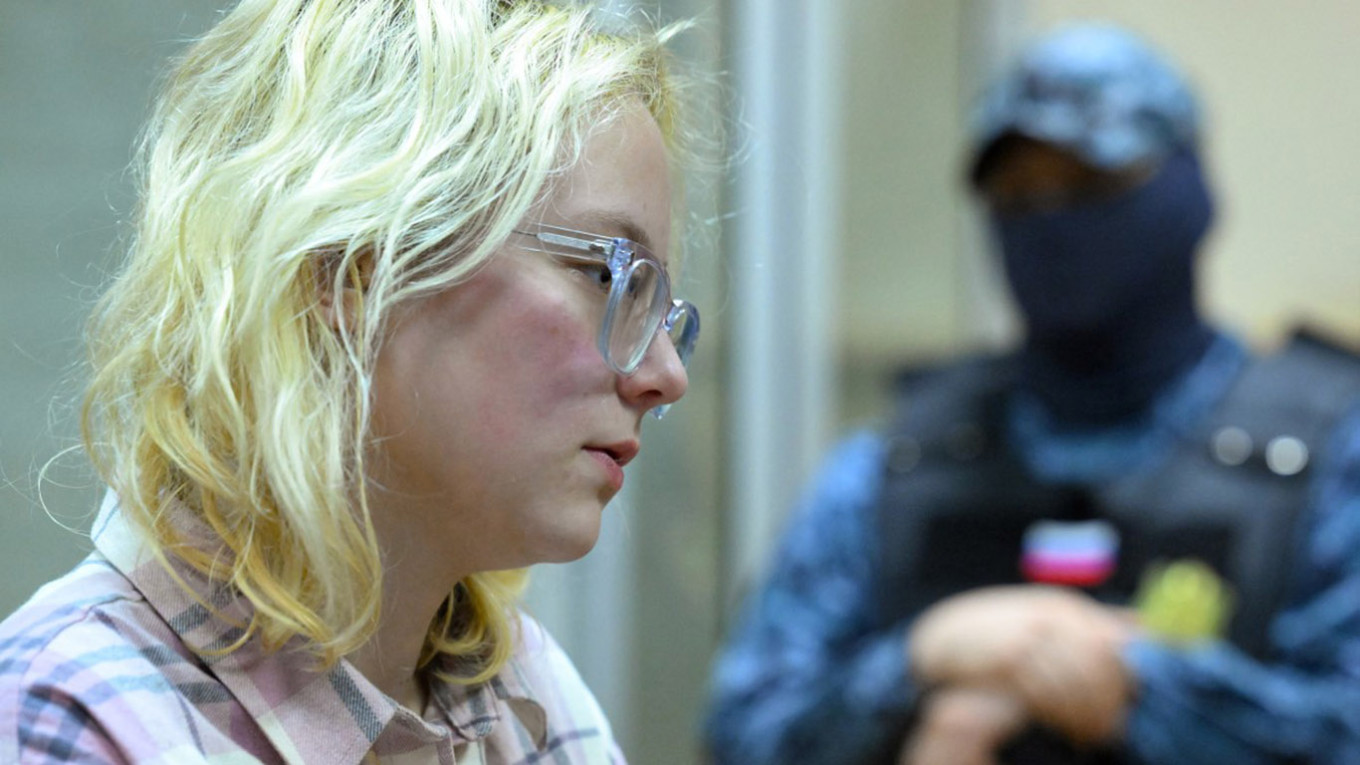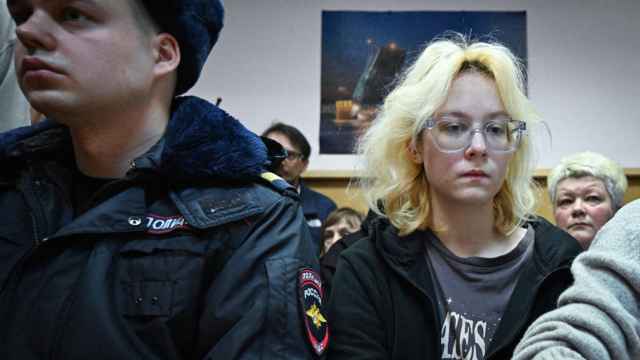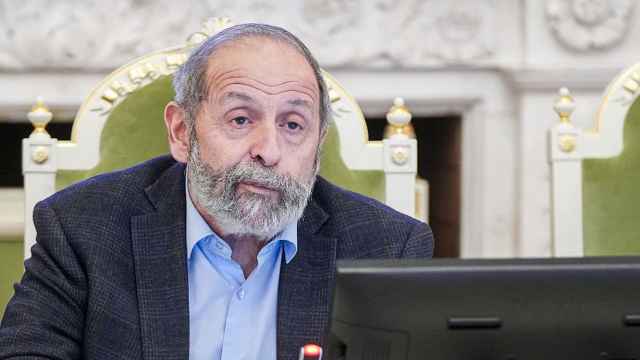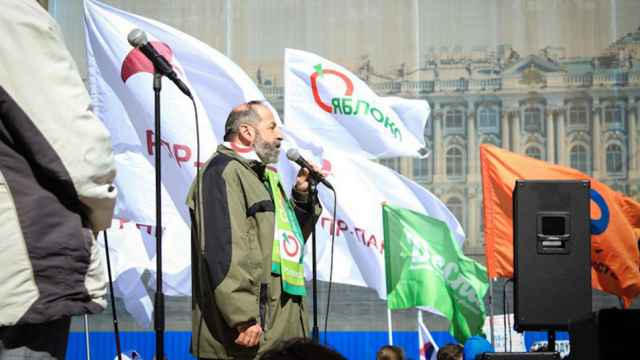St. Petersburg street musician Diana Loginova has been placed in custody three times in a row since last month.
The 18-year-old singer and her bandmates in the group Stoptime had found viral fame as they performed popular tracks by exiled anti-war artists to large crowds in the center of their hometown.
They soon caught the attention of the authorities. In mid-October, they were arrested for 10-13 days each for allegedly “organizing a rally,” an accusation they denied.
But when their sentences expired, they did not go free — they were re-arrested on the spot.
Loginova and her bandmates’ ordeal is the latest example of what has become known in Russia as “carousel arrests” — a repressive tactic in which authorities impose consecutive administrative arrests instead of launching full criminal proceedings.
Russian authorities have ramped up their use of this practice, particularly against critics of the war in Ukraine or the Kremlin, legal experts told The Moscow Times.
The OVD-Info rights group has recorded almost 60 carousel arrests of opposition politicians, activists and ordinary citizens in recent years.
“Carousel arrests are used to keep a person in one place while security services decide his fate and gain extra time,” said Dmitry Zair-Bek, the head of the lawyers' association Perviy Otdel.
Dmitrii Anisimov, a spokesperson for OVD-Info, said it remains unclear why exactly the authorities have gone after Stoptime’s members with repeated arrests.
“Political repression is only partly about the rule of law and, to a large extent, repressions are the result of a political decision. What that decision is and how it was made — we do not know,” Anisimov told The Moscow Times.
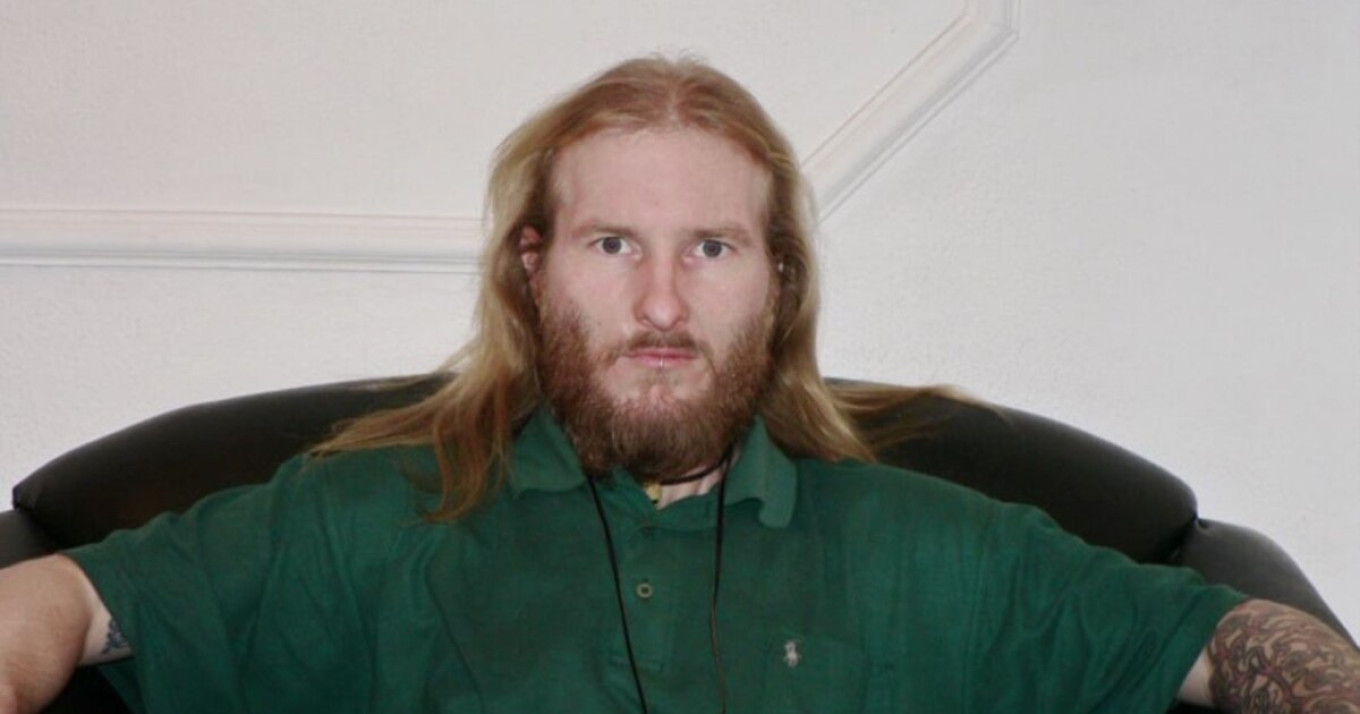
Human rights activists believe there are two main reasons behind such cases.
The first motive might be that law enforcement uses them to buy time to collect and specify evidence for a future criminal case.
“For example, while a person is behind bars, officers can break into their [electronic] device and gain access to the information on it, they can carry out a search of the person’s home, they can talk and even intimidate their relatives and close friends,” Anisimov told The Moscow Times.
“Basically, a lot can be done while these arrests are being extended until enough evidence is collected and all the necessary arguments are ready to open a criminal case against the person,” he said.
This appears to be what happened to Muscovite Ilya Krasnov, according to Perviy Otdel.
After 11 administrative arrests — all of them for crimes of petty hooliganism, such as allegedly using obscene language — amounting to a total of 165 days in detention, authorities opened a criminal treason case against Krasnov.
Rostov activist and musician Anatoly Berezikov, 40, died while serving his third consecutive administrative arrest in 2023. Activists fear Berezikov, who was arrested for petty hooliganism, may have died from torture.
The real reason for Berezikov’s persecution is believed to have been his distribution of flyers for the Ukrainian project Hochu Zhit (“I Want to Live”), which helps Russian servicemen surrender to Kyiv.
The second motive works in the opposite way, Anisimov said. In these cases, law enforcement simply wants to keep a person arrested for a certain period of time without resorting to a criminal case.
In 2018, late Kremlin critic Alexei Navalny spent 50 consecutive days under administrative arrest for calling on people to take part in protests against the Kremlin’s pension reform.
While he was formally charged with repeatedly violating protest rules at a previous rally, the arrests meant he would be absent from the anti-pension-reform rally he had urged people to join.
During the 2019 Moscow City Duma election campaign, opposition politician Ilya Yashin was arrested five times in a row, spending a month and a half in custody. Politicians Dmitry Gudkov and Yulia Galyamina were also arrested several times that summer in an apparent attempt to prevent opposition leaders from attending protests over anti-Kremlin candidates being barred from the election.
Members of the protest group Pussy Riot also faced a series of consecutive administrative arrests in Moscow in 2021.
Maria Alyokhina, Veronika Nikulshina, Alexander Sofeev and Anna Kuzminykh were repeatedly detained in what activists say was an attempt to force them to leave the country.
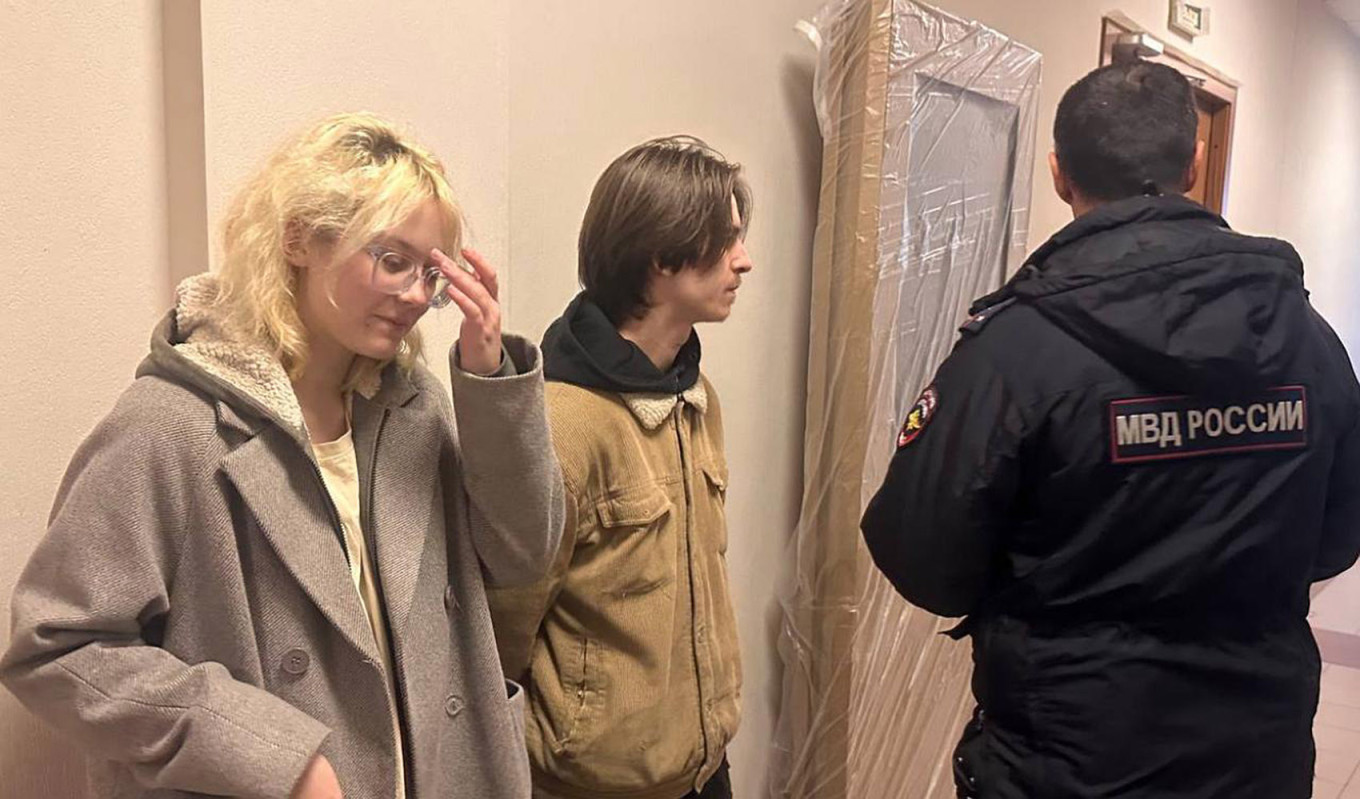
Nikulshina was initially arrested in what authorities called an effort to prevent alleged provocations ahead of the Victory Day holiday on May 9 which marks the Soviet victory over Nazi Germany. She was then re-arrested twice more for allegedly disobeying the police.
Sofeev, who was also arrested several times at that time, told The Moscow Times that these repeated detentions had a strong psychological impact.
“[When you are behind bars] you think that there’s just a short period and you’ll get through it. But when it happens again and again, you realize that you can no longer control your life, make any plans or even know when your arrests will end,” said Sofeev, who left Russia shortly after he was released.
“Back then, we had a bit of a window of opportunity to leave [the country] but now I see that people are detained immediately as they are being released — things are completely different,” he added.
Russian law does not have a limit on the number of consecutive administrative arrests an individual may serve.
This “makes the practice very convenient for the security forces,” OVD-Info said in an online petition to change the law.
“‘Carousel’ arrests violate international legal standards and are an example of arbitrary detention, as they obstruct the exercise of fundamental rights and freedoms,” OVD-Info said, calling on the Prosecutor General’s Office and the presidential human rights commissioner to investigate possible human rights violations during the Stoptime musicians’ arrests.
Loginova, who was never released between her arrests, is set to remain in custody until Nov. 24. The band’s guitarist, Alexander Orlov, also remains in custody. Drummer Vladislav Leontyev was released after his second arrest.
It remains unclear whether the musicians will face more arrests or even a criminal case.
In the meantime, people across Russia have started staging solo pickets or public musical performances in their support and activists are calling for their release.
“I still hope that maybe this will be their last arrest,” Sofeev said. “What’s happening is unbearable to watch.”
A Message from The Moscow Times:
Dear readers,
We are facing unprecedented challenges. Russia's Prosecutor General's Office has designated The Moscow Times as an "undesirable" organization, criminalizing our work and putting our staff at risk of prosecution. This follows our earlier unjust labeling as a "foreign agent."
These actions are direct attempts to silence independent journalism in Russia. The authorities claim our work "discredits the decisions of the Russian leadership." We see things differently: we strive to provide accurate, unbiased reporting on Russia.
We, the journalists of The Moscow Times, refuse to be silenced. But to continue our work, we need your help.
Your support, no matter how small, makes a world of difference. If you can, please support us monthly starting from just $2. It's quick to set up, and every contribution makes a significant impact.
By supporting The Moscow Times, you're defending open, independent journalism in the face of repression. Thank you for standing with us.
Remind me later.



